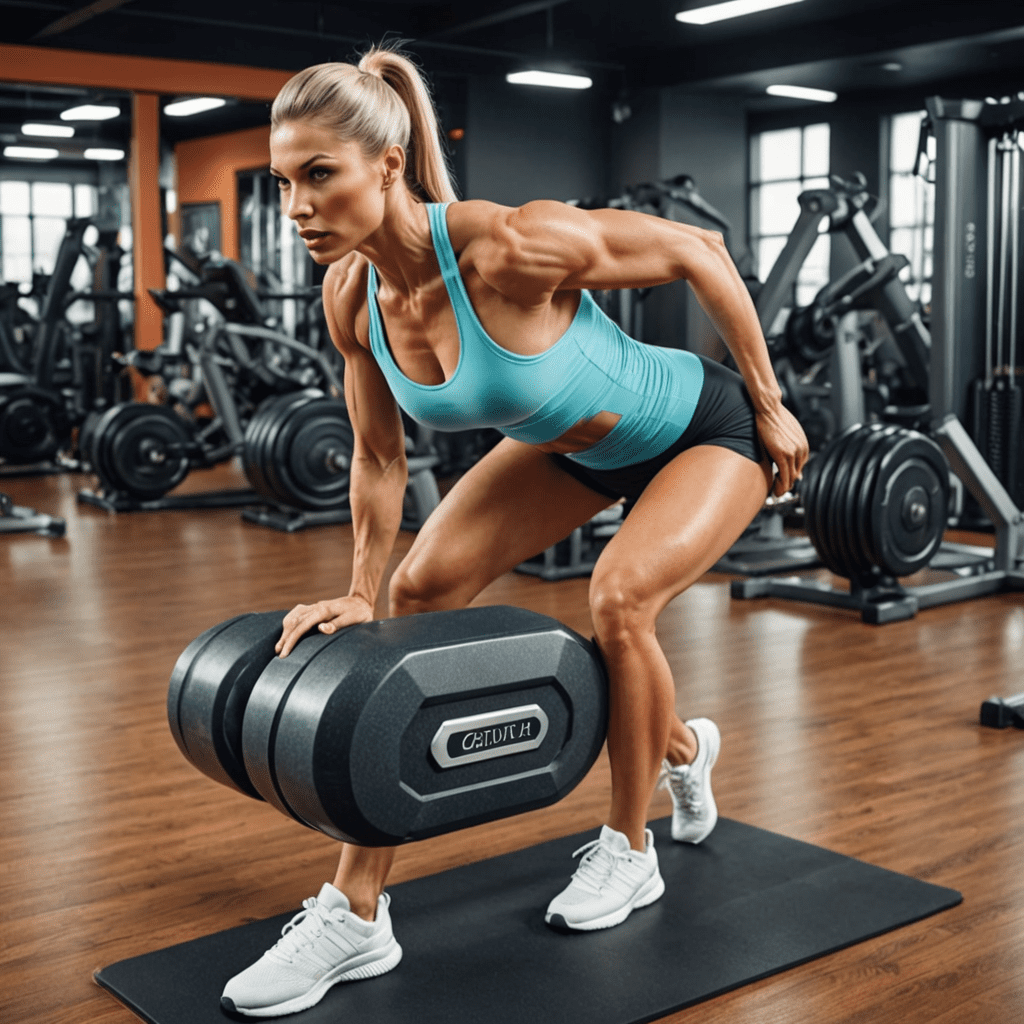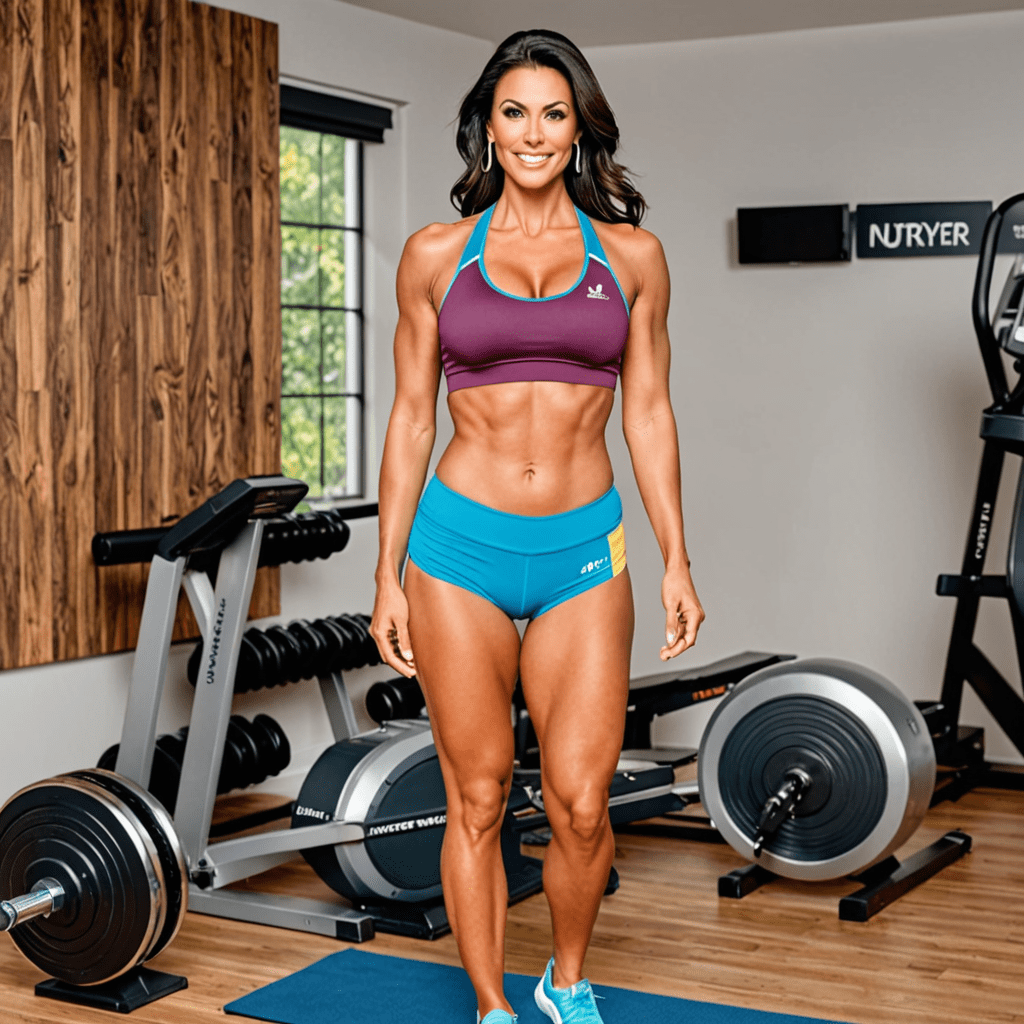1. Introduction: The Importance of Hydration for Weight Management
Proper hydration is often overlooked yet crucial for effective weight management. Maintaining adequate fluid levels supports numerous physiological processes that play a vital role in weight loss and overall health. This article explores the significance of hydration in weight management and provides practical strategies to ensure proper hydration for successful weight loss outcomes.
2. Benefits of Proper Hydration for Weight loss
Hydration aids in weight management in multiple ways:
- Curbing Appetite: Proper hydration signals satiety to the brain, reducing cravings and leading to decreased food intake.
- Boosting Metabolism: Water is involved in the metabolic processes that convert nutrients into energy, thereby increasing calorie expenditure.
- Flushing Out Toxins: Adequate fluid intake supports detoxification by eliminating waste products that hamper metabolism.
- Improving Digestion: Hydration aids digestion, facilitating efficient breakdown and absorption of nutrients, reducing water retention, and preventing constipation.
- Lubricating Joints: Joint fluid depends on hydration for lubrication and proper function, enabling active and efficient exercise for weight loss.
3. Signs and Symptoms of Dehydration
Recognizing the signs and symptoms of dehydration is essential to prevent potential health issues:
- Thirst: The most common sign of dehydration is intense thirst.
- Dark-Colored Urine: When urine is darker in color, it indicates a lack of sufficient fluid intake.
- Fatigue and Headache: Dehydration can cause fatigue, headache, and difficulty concentrating.
- Dry Mouth and Lips: Dryness of the mouth and lips often signifies dehydration.
- Sunken Eyes: Due to a lack of fluids, the eyes may appear sunken or hollow.
4. Establishing a Personalized Hydration Plan
Determining your individual fluid needs is key to effective hydration. Factors like age, activity level, and climate influence hydration requirements:
- Body weight: Aim for about half an ounce to an ounce of water per pound of body weight.
- Activity level: Exercise intensity and duration increase hydration demands. Add more water during and after workouts.
- Climate: Hydration needs rise in warmer or more humid climates due to increased fluid loss through sweat.
- Medical Conditions: Certain medical conditions may warrant specific fluid restrictions or recommendations. Consult a healthcare professional.
- Listen to Your Body: Thirst is the body's natural indicator of hydration needs. Drink water whenever you feel thirsty.
5. Choosing the Right Hydration Sources
Water remains the optimal source of hydration, but other fluids can contribute to your daily intake:
- Low-Sugar Beverages: Unsweetened coffee, tea, and infused water can hydrate while providing additional antioxidants or caffeine for energy.
- Fruits and Vegetables: Water-rich fruits like watermelon or vegetables like cucumber contribute electrolytes and antioxidants.
- Electrolyte-Enhanced Drinks: Sports drinks or electrolyte tablets can be beneficial during prolonged or intensive exercise, as they replenish essential minerals.
6. Timing and Frequency of Hydration
Consistent fluid intake throughout the day is more effective than binge drinking large amounts at once:
- Start the Day Hydrated: Begin each day with a glass of water to replenish fluids lost overnight.
- Hydrate Before Meals: Drinking 1-2 cups of water about half an hour before meals can aid in digestion and increase satiety.
- Hydrate During Activities: Drink plenty of fluids before, during, and after exercise or any strenuous activity.
- Sip Fluids Throughout the Day: Keep a water bottle within reach and take regular sips to maintain hydration levels.
7. Strategies for Increasing Fluid Intake
Making hydration a habit may require conscious effort. Here are some tips to increase your fluid intake:
- Use a Straw: Drinking with a straw can make water feel more satisfying.
- Flavor Your Water: Add fruits, cucumber, or herbs to water for flavor and interest.
- Set Hydration Goals: Set daily targets to track your progress and motivate yourself.
- Use Technology: Utilize hydration apps or reminders to encourage fluid intake.
8. Overcoming Hydration Challenges
Addressing common challenges can help maintain proper hydration:
- Lack of Thirst: Dehydration can impair your thirst mechanism. Set a schedule or use reminders to drink regularly, regardless of thirst levels.
- Inconvenient Access: Keep water bottles or reusable cups on hand to make hydration accessible.
- Palatability: Enhance water's taste with flavorings, electrolyte tablets, or carbonation for those who find plain water unappetizing.
9. Potential Risks of Excessive Hydration
Overhydration, though rare, can occur and has its associated risks:
- Hyponatremia: Excessive water intake can dilute sodium levels, causing symptoms like nausea, vomiting, and muscle cramps.
- Water Intoxication: Severe overhydration, leading to water retention and electrolyte imbalance.
10. Conclusion: Hydration is Key to Weight Management Success
Maintaining optimal hydration is vital for effective weight management. Proper hydration promotes satiety, boosts metabolism, and supports various bodily functions that aid in weight loss. Establishing a personalized plan, choosing appropriate sources, and adopting practical strategies for increased fluid intake can help you achieve hydration success.
FAQ:
Q: How much water should I drink per day?
A: Aim for half an ounce to an ounce of water per pound of body weight daily. Adjust this based on your activity level and other factors.
Q: Can I get enough fluids from other beverages like coffee or juice?
A: While they can contribute, water remains the optimal source. Limit sugary drinks like juice, which can hinder weight loss efforts.
Q: Is it safe to drink cold water before and after workouts?
A: Cold water is safe and refreshing for hydration during exercise. However, it may cause stomach discomfort for some during or after intense workouts.



